Our Voice Our Heart film review: Thomas Mayo states the Yes case in Indigenous voice to parliament film
If this film is to be judged on how convincingly it puts forward its case, it wins hands down. I’ll be happy to review film from the No camp, if there is one.
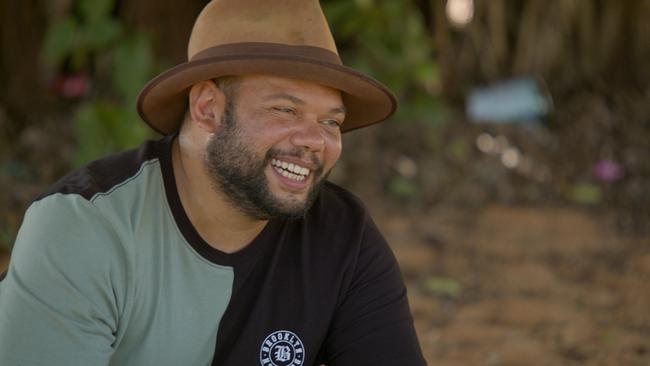
Our Voice Our Heart (G) In selected cinemas
★★★
If the No campaign for the referendum on The Voice has made a cinema film presenting their case, it hasn’t come my way. In the meantime we have Our Voice Our Heart, a one-hour film which, the makers say, will play around the country in the coming days.
Financed by Trade Creative Media, the film, directed by Justin Grant and Laurens Goud and beautifully photographed by Edward Bracey, follows two young Indigenous men. One is a student from the city, the other from the town of Katherine, and they travel around some remote parts of Australia talking to tribal leaders and others about their lives, their culture, and what The Voice might mean for them. To a large extent this is a naive approach – there’s never any doubt that Jaxon de Santis (the student) and Grant – who is the film’s co-director along with Laurens Goud – will ultimately embrace the Yes proposition.
Nevertheless, as the pair travel around from Arnhem Land to the Tiwi Islands and to Kakadu their encounters with Indigenous Australians, all of them Voice supporters, become moving and affecting. At the start the men claim, not very convincingly, that they really don’t understand the meaning of the referendum.
They receive an early lesson about this from activist Thomas Mayo who, calmly and convincingly, explains that the disputed Voice is really a very simple request from Aboriginal Australians addressed to their non-Indigenous brothers and sisters and will in no way be racially divisive.
If this film is to be judged on how convincingly it states its case, it wins hands down. Cynics will find it naive, and it is, but it’s also heartfelt and passionate. Now, in the spirit of even-handedness, I’ll be happy to review a No campaign film, if there is one.
-
Cobweb (Geomijip) (M)
In cinemas from Thursday
★★★
Cobweb is a movie from a director called Kim about a director called Kim making a movie called Cobweb. If that sounds confusing, don’t worry – it’s all made more or less clear as the movie proceeds.
There have been some great movies about the process of movie-making, most memorably Federico Fellini’s 8½ (1963) and François Truffaut’s La nuit American (Day for Night) (1973). The Korean film Cobweb, which screened out of competition in Cannes earlier this year, is the latest in this genre and, while not entirely successful, it’s always eminently watchable.
The year is 1970 and censorship in South Korea is very strict; film scripts have to be approved by the censors before they go into production, and of course the finished product also requires the censor’s blessing.
Kim Ki-yeol (Song Kang-ho, the marvellous actor from Parasite) is an ambitious filmmaker who has apparently made nothing interesting since his debut some time earlier. He’s bitter about this and rails against those who have described his recent work as “trash” – “Criticism is an act of revenge from those who can’t make art” he complains, which is hardly an original criticism of critics. Kim has almost completed his latest potboiler, but, in a sequence that opens Cobweb, he has a vivid dream. In black and white, he sees a strange house, a violent thunderstorm, a frightened lady, a spiral staircase and a violent crime.
Kim awakes from this dream convinced that, given just two more days of shooting, he can come up with a masterpiece, a word he uses frequently. One of the problems facing him is that he requires censorship approval for the new scenes but just as importantly he needs to keep his cast and crew together and his producers on side. Not an easy task.
His actors, including leading lady Min-ja (Lim Soo-jung) and veteran character actor Madam Oh (Park Jung-soo), are on the brink of moving on to other projects. His ingenue, Yu-rim (Jung Soo-jung) doesn’t want to take part in any strenuous scenes because she’s secretly pregnant to Ho-se (Oh Jung-se), the film’s – married – leading man. When Kim insists on using real spiders for the retakes, poor Yu-rim is freaked out.
The head of the studio, President Baek (Jang Young-nam), who was the sister of Shin, Kim’s mentor, who died in an on-set fire, is at first reluctant to approve the additions, but Kim persuades her that the changes will transform a tacky movie into something special – “Like a grotesque Kafka novel”.
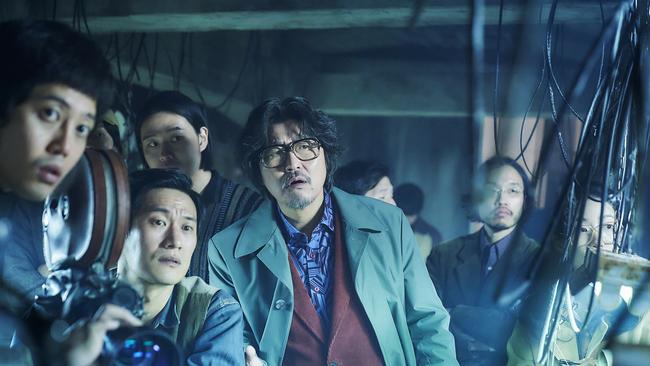
Also on board is Mido (Jeon Yeo-been), Baek’s niece and a keen supporter of Kim. When an emissary from the censorship office turns up he’s waylaid and distracted and so the rickety retakes proceed.
Kim is obsessed with shooting the new climax as a plan sequence, a single continuous take that has featured in some recent French films, but only he seems to know what it means.
All this is both mesmerising and nonsensical. “Isn’t this too overblown?” somebody asks at one point and you have to agree with them. It’s quite clear that Kim’s new ending is no improvement – it looks just as trashy as the material which preceded it, and it’s certainly no masterpiece. But there’s a definite fascination to Cobweb.
Insights into the Korean film industry at this period are revealing – if the movie is anti-Communist it can get away with almost anything – and much of the film is quite funny, which indeed it was meant to be.
The real-life director of Cobweb – Kim Jee-woon – has made several other interesting films. His work here is manic, at times hysterical, and at other times hilarious.
Cutting back and forth between the behind-the scenes dramas and the black and white footage of the film Kim is making, Cobweb – which overstays its welcome at two hours and 10 minutes – is a strange, but at times strangely engaging, movie. Anyone who knows anything about the process of filmmaking will be bemused by the fact that the new footage Kim is shooting to complete his masterpiece is mysteriously assembled – edited, scored, recorded – as soon as it’s shot. If only making a movie was as easy as this.


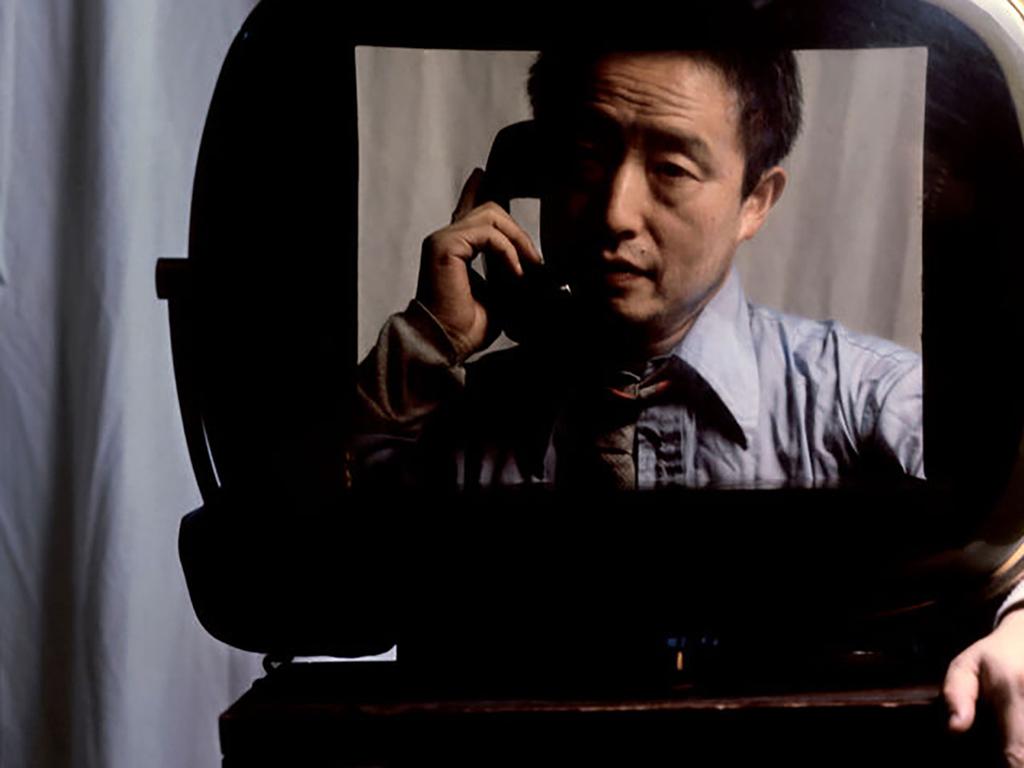
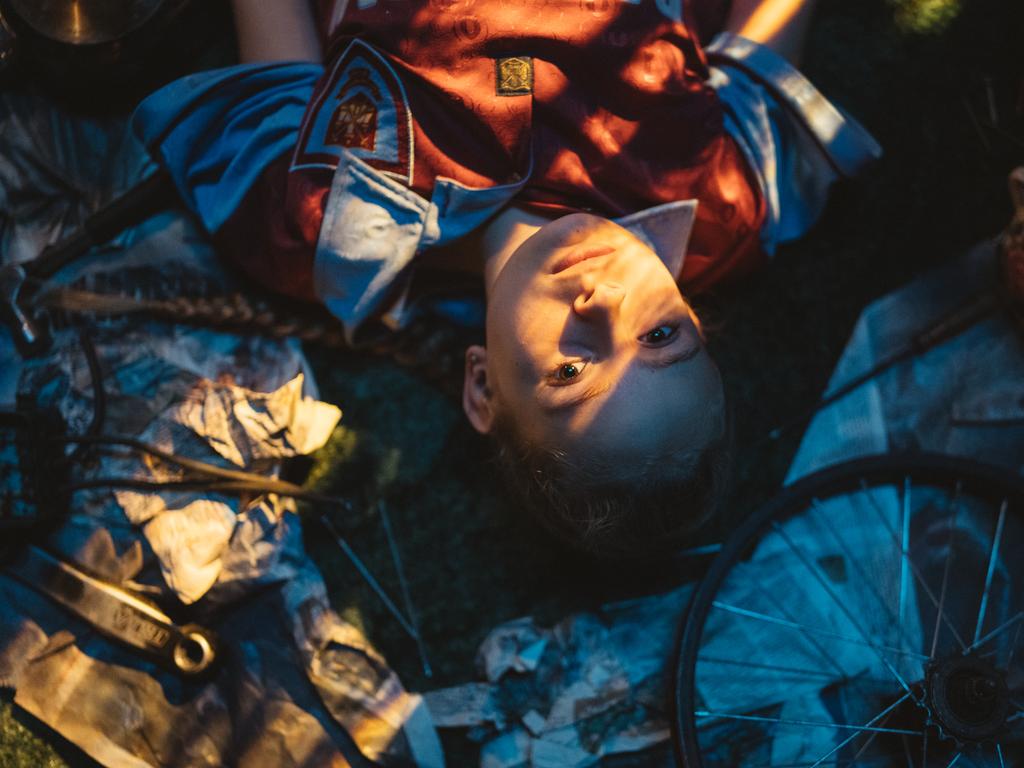
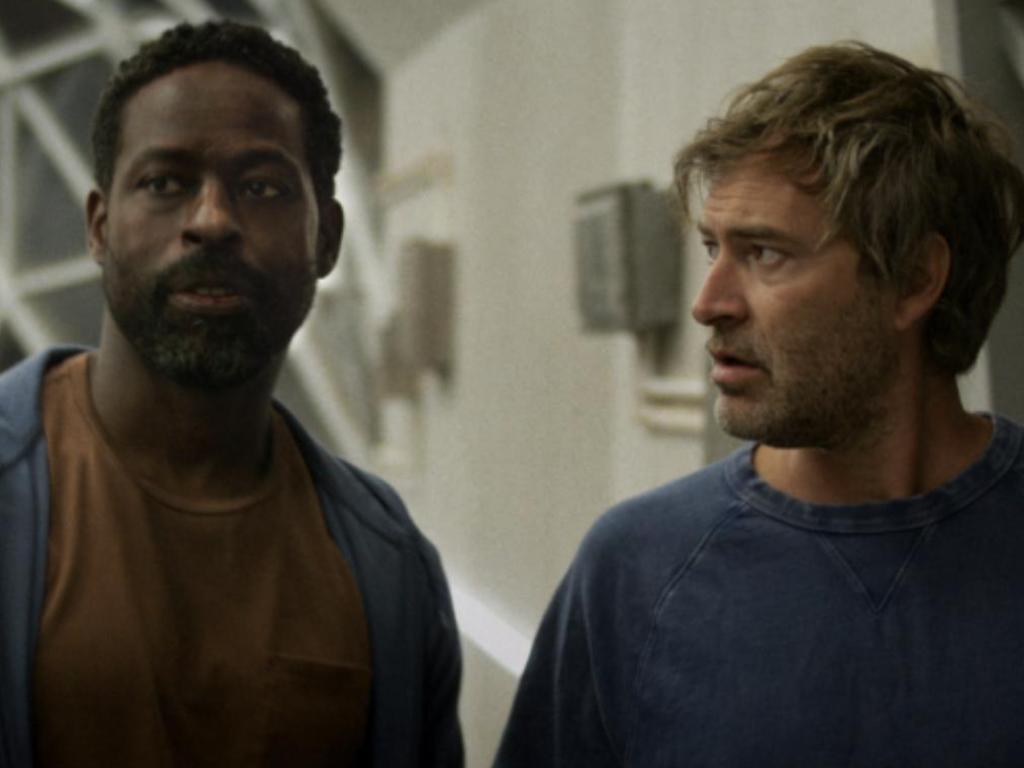
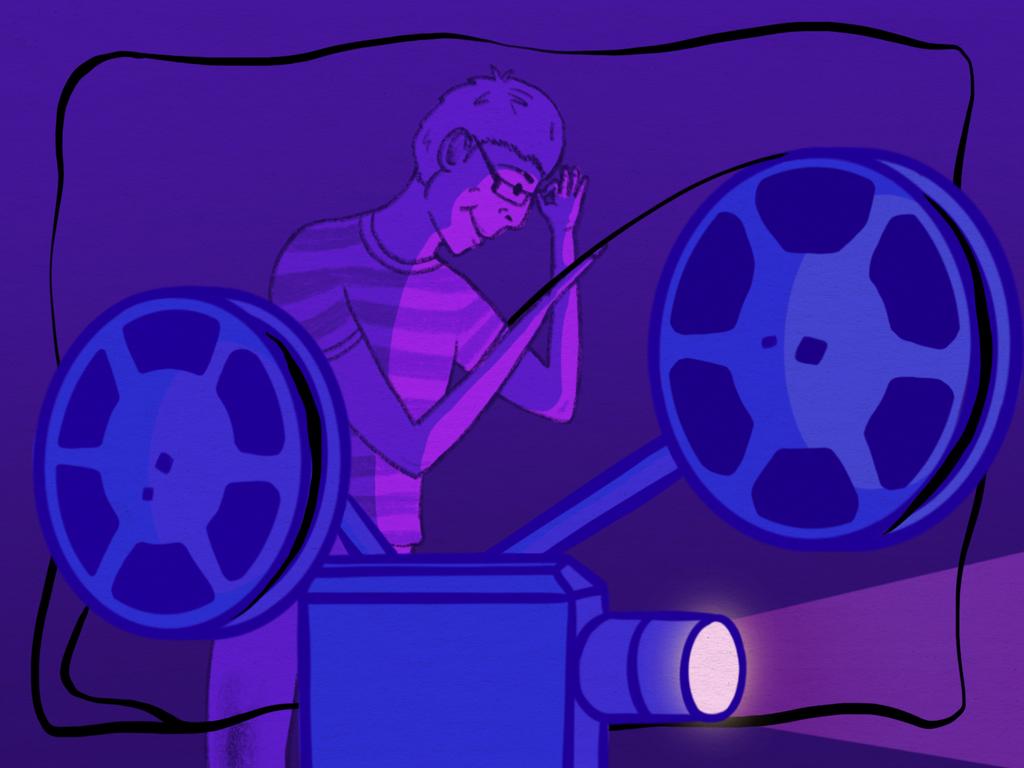


To join the conversation, please log in. Don't have an account? Register
Join the conversation, you are commenting as Logout